Names not Numbers: A Summary of the Results of the Student Email Address Consultation
A Summary of the Results of the Student Email Address Consultation
The following represents a summary of the main conclusions of the Student Email Address consultation, drawing on the student survey, student focus groups and staff survey. A more in-depth analysis is available here: Final Report on the Student Email Consultation Project.
The raw data for the surveys, and the questions asked, can be found here:
Student Survey Results (Additional Questions)
Results
Recommendations
1. The new format of the email address should be name-based but should include some mechanism for differentiating between people of the same name i.e. including the last three digits of the matriculation number. Taking into consideration all the results of the survey and the focus groups, it would seem the best format would be either:
firstname.surname[last three digits of matric. no]@ed.ac.uk
or
initial.surname[last three digits of matric.no]@ed.ac.uk
This looks professional and is unique to the individual, allaying staff concerns about anonymity and data protection. The use of the last three digits of the matriculation number would allow student email addresses to be distinguished from those of staff.
2. The new format of the email address should omit the ‘sms’ and be @ed.ac.uk.
3. An opt-in method of change should be used, with students being advised several months in advance when the change is going to happen.
4. Students should be given the option to have a lifelong email address.


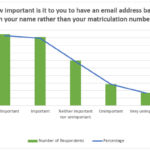
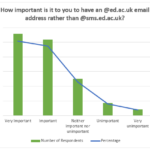
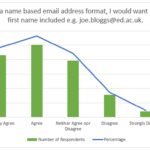
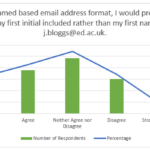
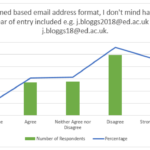
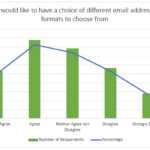
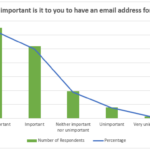
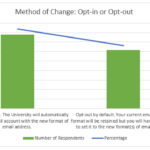
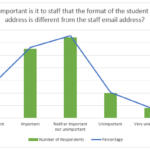


1 replies to “Names not Numbers: A Summary of the Results of the Student Email Address Consultation”